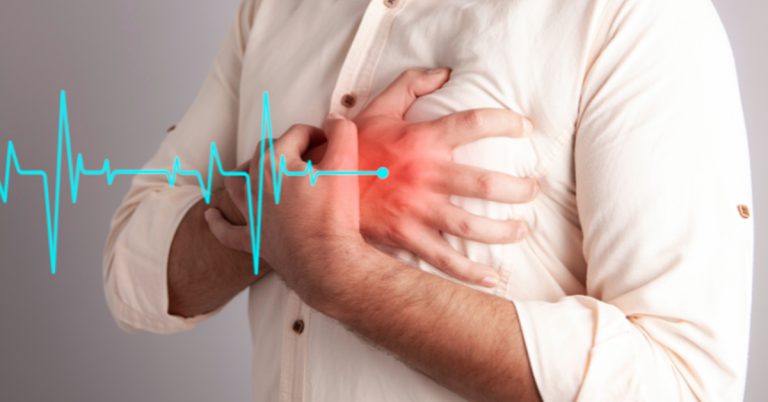

The human body has its ways of communicating with us, sometimes in mysterious and perplexing ways. One such puzzling phenomenon is the experience of a metallic taste in the mouth. When this unexpected sensation arises, it’s natural to wonder if it could be a warning sign of a heart attack.
Let’s delve into the matter with a serious tone, separating fact from fiction.
Now, let’s address the burning question: Does a metallic taste in the mouth indicate a potential heart attack? The answer may surprise you – it is highly unlikely. While a metallic taste can be a cause for concern, it is generally not considered a direct symptom of a heart attack. So, take a deep breath, and let’s explore the reasons behind this conclusion.
To understand the significance of a metallic taste, it’s important to acknowledge that numerous factors can trigger this peculiar sensation. Certain medications, infections, allergies, or even dental issues can leave a metallic flavor lingering in the mouth. These non-cardiac causes are often more likely culprits behind the taste, rather than indicating an impending heart attack.
When it comes to heart attacks, the body tends to send more specific distress signals. Classic symptoms such as intense chest pain or discomfort, shortness of breath, nausea, lightheadedness, and radiating pain down the left arm or jaw are the hallmark indicators of a heart attack. These alarming signs demand immediate medical attention and should not be ignored.
While a metallic taste alone may not be a definitive sign of a heart attack, it is crucial to remain vigilant and attuned to your body’s messages. If you experience a metallic taste along with any of the typical symptoms associated with a heart attack, it is essential to seek prompt medical assistance. Time is of the essence, and swift intervention can make a significant difference in the outcome.
Remember, self-diagnosis is not the path to follow in matters of the heart. Consulting a healthcare professional is the wisest course of action to accurately assess your condition and determine the appropriate steps for your well-being.
To summarize, a metallic taste in the mouth is generally not a direct sign of an impending heart attack. While this sensation can be unnerving, it is often caused by other factors unrelated to the heart.
However, it is vital to be aware of the typical symptoms associated with a heart attack and seek medical attention promptly if they manifest alongside a metallic taste or independently.
When it comes to matters of the heart, it is always best to err on the side of caution. Trust medical professionals to guide you through accurate diagnosis and treatment, ensuring your health remains a top priority.
Learn more about Sara Juliano, RDH, and her journey here.